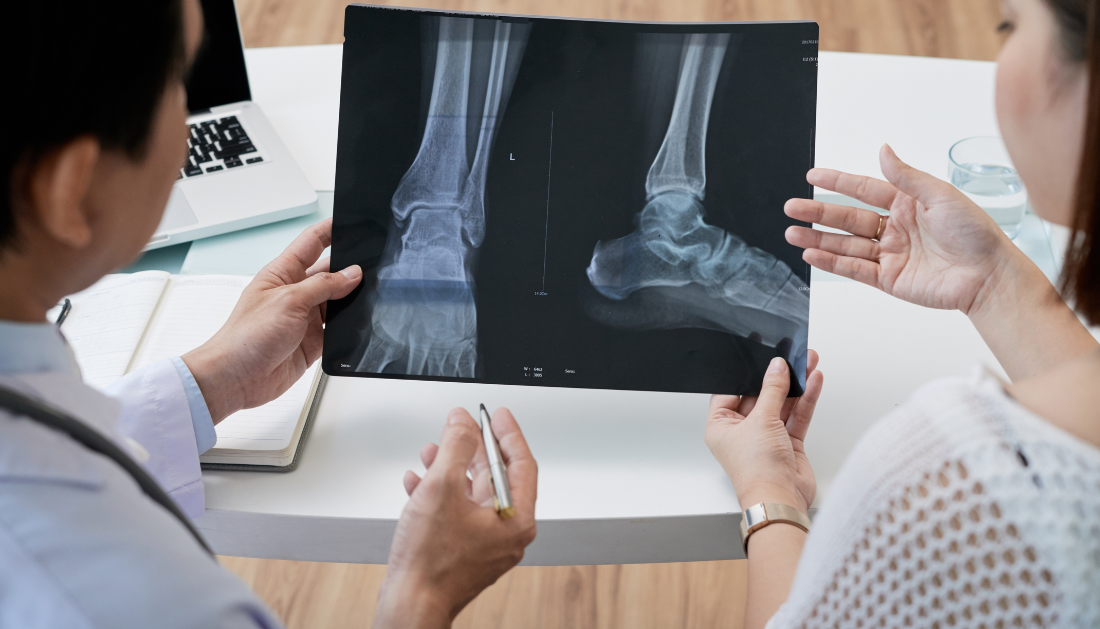

In recent years, the benefits of using PRPs have become more well known. The function is critical, and it extends far beyond simply enrolling patients in studies. PRPs are individuals with a relevant condition who actively participate in research teams. Crucially, this is on an equal footing with professional researchers, with patient research partners contributing their experience and knowledge. This method has been utilized in guideline creation and clinical research, as well as to create and gather patient-reported outcomes, preference studies, research grant application evaluation, regulatory processes, and international research consortiums. However, a lot has changed since the 2011 PRP guidelines were first written.
To address this, EULAR has amended its 2011 PRP recommendations. A team of 13 researchers, 2 healthcare experts, and 10 PRPs worked together to finish the project. The group conducted a literature analysis to gather current information on the definition and role of PRPs, as well as recommendations on their recruitment, selection, and monitoring – and to assess the value they offer to a project. The new paper, which will be published in the Annals of Rheumatic Diseases in June 2024, comprises ten individual suggestions as well as five new overarching concepts.
The overarching concepts emphasize PRPs’ contributions through active cooperation as equal partners with researchers, based on their experiential knowledge and competence in the condition under study. Informal caregivers can also offer feedback that complements patients’ lived experiences. People that perform the function of PRP bring value and relevance to all forms of research, benefiting both patients and researchers. Finally, equal and successful teamwork requires open communication, trust, respect, and a willingness to grow.
Seven of the ten suggestions have been modified from the 2011 version, and they include subjects such as when and how to use PRP in research, as well as recruiting, training, and support. The suggestions also advise that PRP contributions be recognized in additional ways, such as co-authorship or cash reward when appropriate. Three new recommendations address the role of the PRP coordinator, the importance of providing support and training to researchers, and the need for more frequent evaluations of the partnership between PRPs and researchers.
EULAR expects that the new principles will assist researchers and PRPs in future efforts and help to improve cooperation, resulting in productive working relationships as all parties aim to advance knowledge in the field of rheumatic illnesses. However, the most significant benefit will be health research that better fits the requirements of patients and is more likely to result in improved long-term health outcomes.
For more information: de Wit, M., et al. (2024) EULAR recommendations for the involvement of patient research partners in rheumatology research: 2023 update. Annals of the Rheumatic Diseases. doi.org/10.1136/ard-2024-225566.
more recommended stories
 CTNNB1 Syndrome Study Explores Beta-Catenin Defects
CTNNB1 Syndrome Study Explores Beta-Catenin DefectsKey Takeaways Researchers in Spain are.
 Advanced Prostate Cancer and Serial ctDNA Analysis
Advanced Prostate Cancer and Serial ctDNA AnalysisKey Takeaways Serial liquid biopsies using.
 Tuberculosis Breakthrough with Experimental Antibiotics
Tuberculosis Breakthrough with Experimental AntibioticsKey Takeaways Experimental antibiotics disrupt a.
 National Healthy Longevity Trial Receives Federal Support
National Healthy Longevity Trial Receives Federal SupportKey Summary Up to $38 million.
 Vascular Health Linked to Early Alzheimer’s Brain Changes
Vascular Health Linked to Early Alzheimer’s Brain ChangesKey Takeaways Brain vascular health is.
 Red Blood Cells Improve Glucose Tolerance Under Hypoxia
Red Blood Cells Improve Glucose Tolerance Under HypoxiaKey Takeaways for Clinicians Chronic hypoxia.
 Nanoplastics in Brain Tissue and Neurological Risk
Nanoplastics in Brain Tissue and Neurological RiskKey Takeaways for HCPs Nanoplastics are.
 AI Predicts Chronic GVHD Risk After Stem Cell Transplant
AI Predicts Chronic GVHD Risk After Stem Cell TransplantKey Takeaways A new AI-driven tool,.
 Red Meat Consumption Linked to Higher Diabetes Odds
Red Meat Consumption Linked to Higher Diabetes OddsKey Takeaways Higher intake of total,.
 Pediatric Crohn’s Disease Microbial Signature Identified
Pediatric Crohn’s Disease Microbial Signature IdentifiedKey Points at a Glance NYU.

Leave a Comment